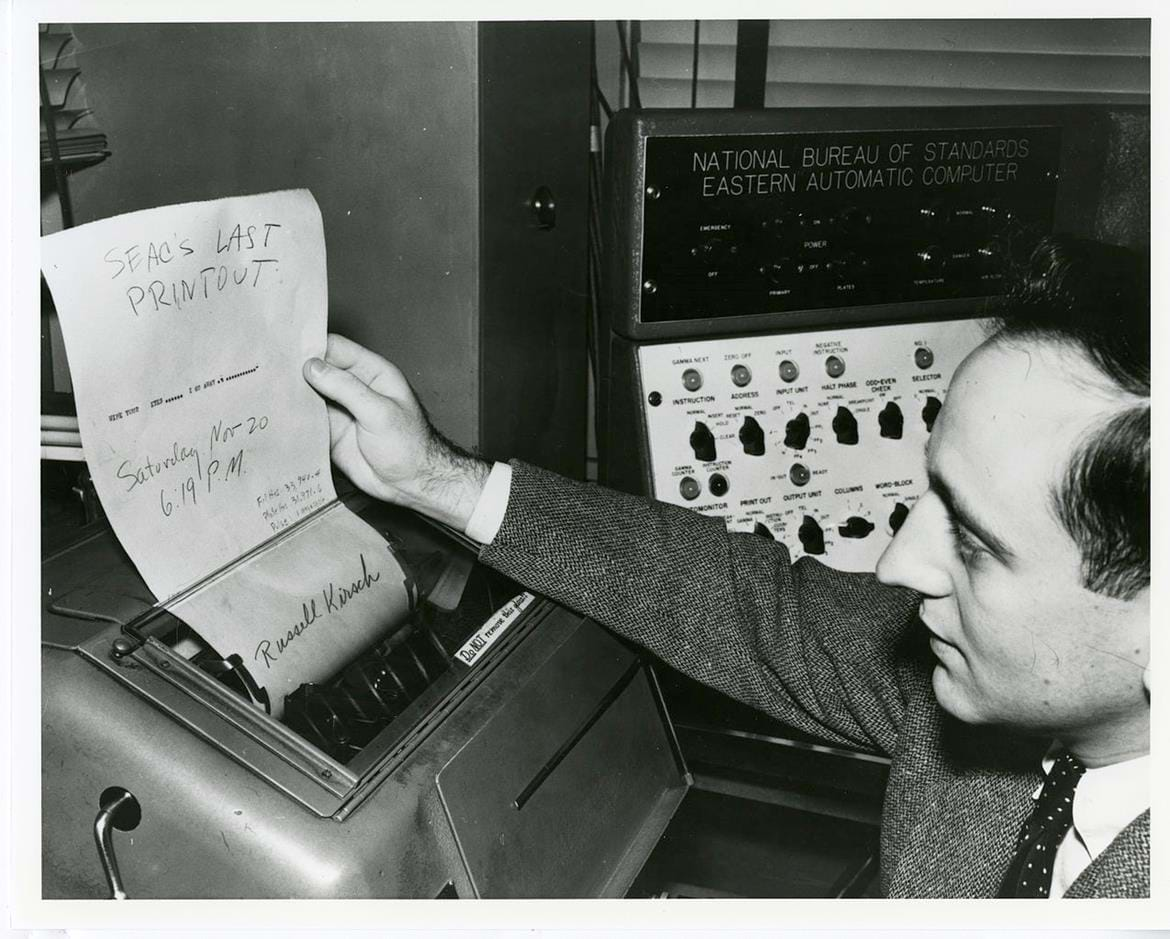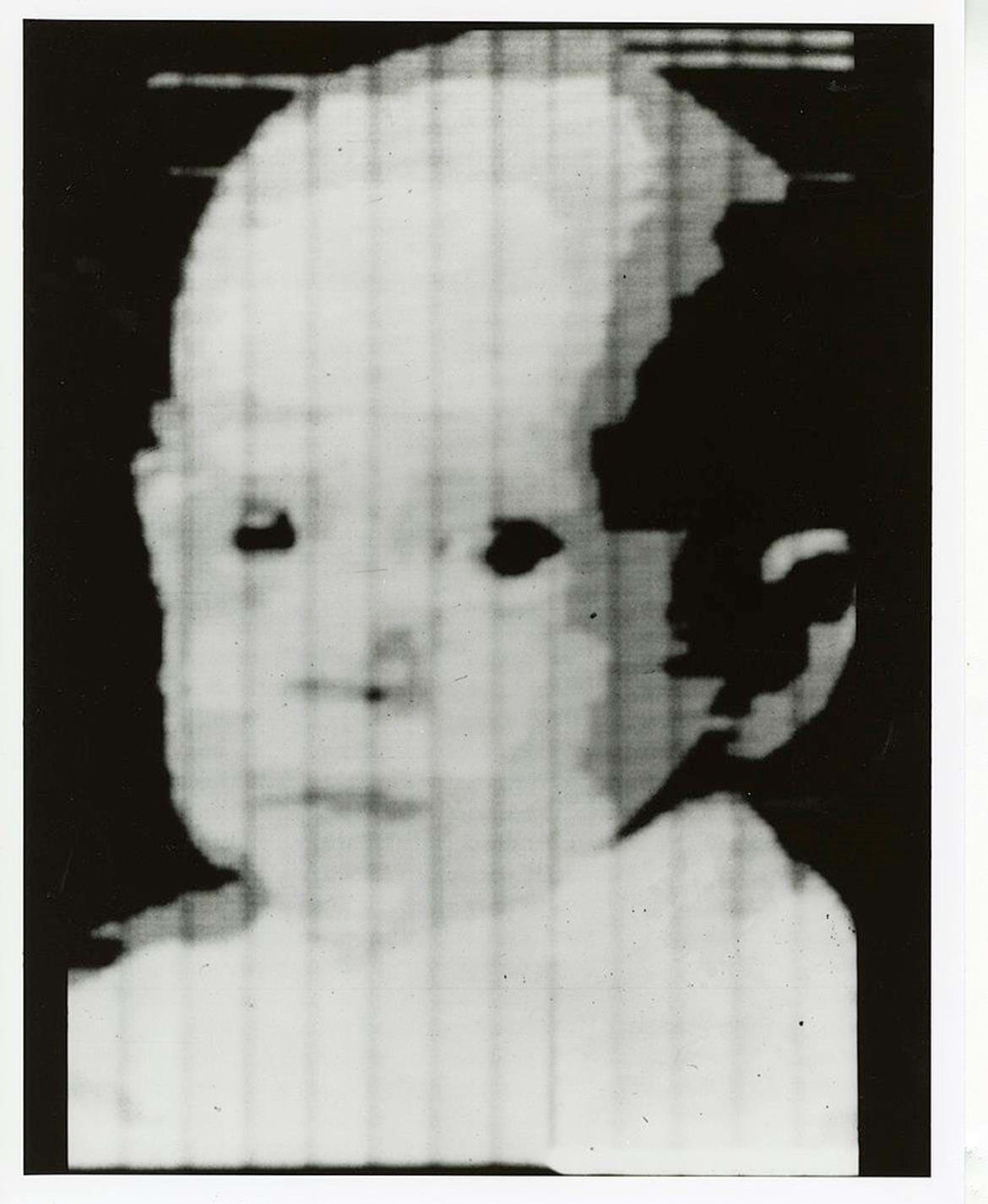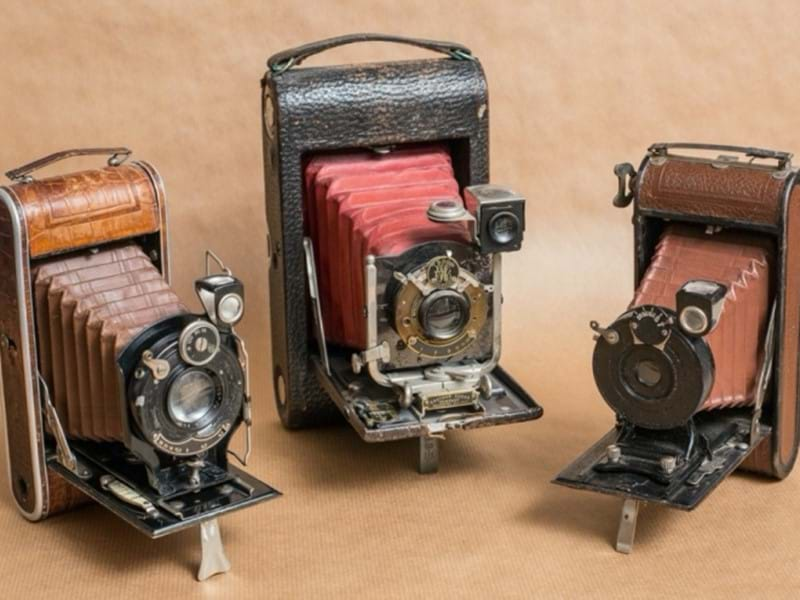Russel Kirsch and The History Of Digitising Photos
Thanks to the brilliant minds of a slew of engineers in the 1950s, consumer technology can effectively process and display images as fast as we can view them. Russell Kirsch, who has recently passed away in August of 2020, was one of those great minds.
Kirsch was a computer scientist and electronic engineer at the National Bureau of Standards. Kirsch is best known successfully digitally scanning a photo in 1957, a feat that no one had accomplished before.
He is also the inventor of the pixel, which makes him responsible for an endless quantity of engineering feats. There’s no doubt -- his innovations are the basis of modern computer display technology.

The Life and Works of Russell Kirsch
Russell Kirsch was born on June 20th, 1929 in Manhattan New York to Jewish emigrants from Eastern Europe. As a teenager, Kirsch attended the Bronx High School of Science. His academic career brought him to New York University, Harvard, American University, and MIT. Kirsch’s work at the National Bureau of Standards began in 1951, a year after the SEAC was created and put to work.
Kirsch’s landmark accomplishments took place relatively early in his career. Even though he was in his twenties, his work at the NBS was a critical development in evolving technology. He is recognized for successfully engineering the first digital image scanner, and subsequently, the creation of the modern pixel.
Funny enough, the picture we often remember Kirsch by isn’t of him, but of his son as a baby. His son’s baby portrait is now famously recognized as the first digitally scanned photo. This image was even honoured in 2003 by LIFE Magazine as part of their “100 Photos that Changed the World” series.
Working at the National Bureau of Standards
He and a team of colleagues ran the first programmable computer called the Standards Electronic Automatic Computer (SEAC). The SEAC was built in 1950 in Washington D.C. While doing his research, Kirsch wondered if he could apply the way we view the world to a computer. What if computers could see as we do? Because of his work at the NBS, computer science, he changed engineering, and photography forever.
Before 1950, computers weren't programmable. The SEAC was a game-changer as it opened many doors for new opportunities. Seven years later in 1957, Russell Kirsch intended to use the SEAC to its full potential and in turn, revolutionized the way we digitally view and capture images.

Kirsch and his team developed a method of digital imaging using a drum scanner. The picture he used is a headshot of young Walden Kirsch curiously looking at the camera; it was initially a much bigger portrait of the two of them together.
Kirsch cut the photo down because, at the time, the computer and scanner setup couldn't handle more than a 176x176 array of 30,976 pixels. It would have been more challenging to measure the scanner’s success of a more cluttered photograph. In doing so, he made his son’s appearance more famous than his own!
Breaking Down the Tech
While rotating, the drum scanner sensed small reflections from the image placed on the drum and tessellated these images. The results were small, square pixels.

At first, the team’s scanner was able to view the SEAC’s interpretation of binary representation. Although the term “black and white” colloquially refers to grayscale image and video, the binary image they produced was only black pixels and white pixels. The image itself was displayed on a cathode-ray oscilloscope.
From there, Kirsch and his team developed and tested several different algorithms for the computer to process what it had scanned. In a way, he was both an engineer and a computer scientist before there even was such a thing.
After, Kirsch developed a scanning method that could represent grayscale. The technique used multiple scans with varying intervals and sensors that detected the light levels in the original picture.
The Legacy of Kirsch’s Choices
Further innovations in digital image processing piggybacked off Kirsch’s decision, and the majority of modern displays still use square pixels. Kirsch expressed years later in 2010 that the use of square pixels ultimately limited the possibilities of digital imaging.
He continued development later in his career using other methods and shapes for rendering images, but nothing took off the way the square pixel did. In 1998, he lamented that he and his team were unaware of the methods used by Italian mosaic-makers in the medieval ages, and drew a comparison between square pixels and physical tesserae using artwork from the 500s.
Later in life, Kirsch studied artificial intelligence, evolving his original question one step further. Now that computers could see the way we could, what if they thought the way we can too? Now, countless students across the world apply Kirsch’s original principles to machine learning and other frontiers of technology.
No worries! We can fix it and make it beautiful.
from our blog
You might also like
The Victorian Era was a period that marked the rule of Queen Victoria. It was an era with many inventions, a lot of which are still in use today. Photography was one of them, and undoubtedly one of the greatest.
Find out what modern editing techniques are available and seven historical images that were modified even before computer technology became available. Let's see how many you did not know were edited!
Many developments took place before modern photography came into existence.
Here are some fun facts about how the pioneers of this visual art produced their pictures back in the day and the most important inventions.
There are hundreds of historical photos that have been colourised and seem better than their original versions. Here is our selection of iconic pictures from history.





